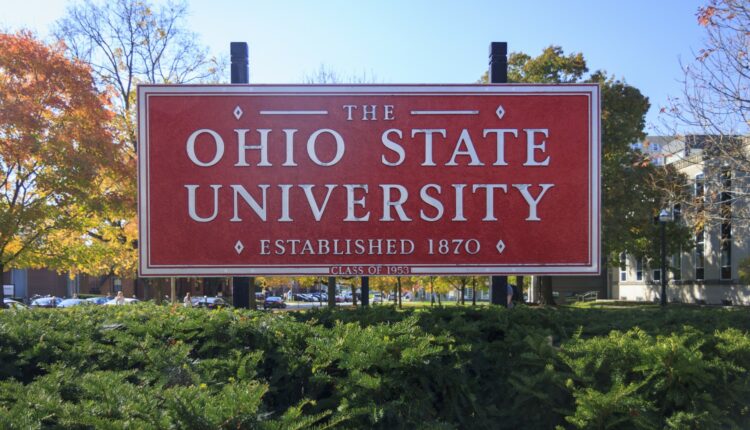Ohio State University: Ford backs Ohio State student efforts to improve the community
Ohio State University engineering students’ ideas to help people combat stress and transform unused urban land into community gardens were selected for funding in this year’s Ford College Community Challenge.
Each year, Ford Motor Company Fund, the philanthropic arm of Ford Motor Company, invites students to develop and submit ideas for innovative projects that address community needs. This year, only 10 proposals were selected nationwide to receive a $25,000 implementation grant – and two of those awards went to student organizations in Ohio State’s College of Engineering.
The Engineers Without Borders student organization’s funded plan involves developing bilateral stimulation tappers for stress reduction or emotional management. During tactile bilateral stimulation, a user holds two items that alternately vibrate and mimic REM sleep. The effect can promote emotional regulation and relaxation.
“Children, like younger people, are learning healthy habits for their mental health,” said Katie Vatke, vice president of local projects for Engineers Without Borders. “If you’re younger, if you’re able to learn to manage your stress and to regulate your emotion appropriately, the better you’re going to be able to manage it in the future when more stressful things happen.”
Vatke said the organization will work with the community-based nonprofit Wellbeing Connection to supply bilateral stimulation kits to local middle- and high-school students.
“Using it before you go to bed or using it while you’re studying for a test has been super helpful for a lot of people to reduce their stress level,” said Vatke, a third-year environmental engineering major. “But the only way you can really access it is if you have a lot of money, because they have some commercial ones, but they’re very expensive.”
Megan Rock, a third-year electrical engineering major and Engineers Without Borders project manager, said the kits have two additional benefits: Students building the tappers will develop engineering and problem-solving skills, and the project itself will spark conversations about mental health and well-being.
The winning submission from Engineers for Community Service aims to tackle food insecurity by building community gardens in underserved areas. The team will use grant funds to purchase lots from the Columbus land bank and work with neighbors and local schools to build and maintain the gardens.
Jacob Smith, a biochemistry graduate, helped develop the proposal as a member of the student organization. He said the project is all about access to healthier options.
“You might not have time to hit up the local farmers market and, especially if it’s out of season, maybe you don’t have the money to pay for good, fresh produce because it gets expensive when it’s out of season,” he said.
Engineers for Community Service will help purchase the community gardens and put a variety of engineering disciplines to use to build and maintain them. Smith said the project could require expertise in everything from environmental to mechanical engineering.
Ohio State students have a history of winning the Ford College Community Challenge. In 2018, Buckeye Precious Plastic won with a program that developed ways to recycle plastic and to cut down on plastic pollution. Last year, the Association of Computing Machinery Women’s Chapter (ACM-W) at Ohio State received a grant to develop and distribute computer science starter kits to upper-elementary and early middle-school-aged children.
In total, the Ford Fund has distributed more than $3 million in global grants to support nearly 200 student-led social projects through the Ford College Community Challenge.

